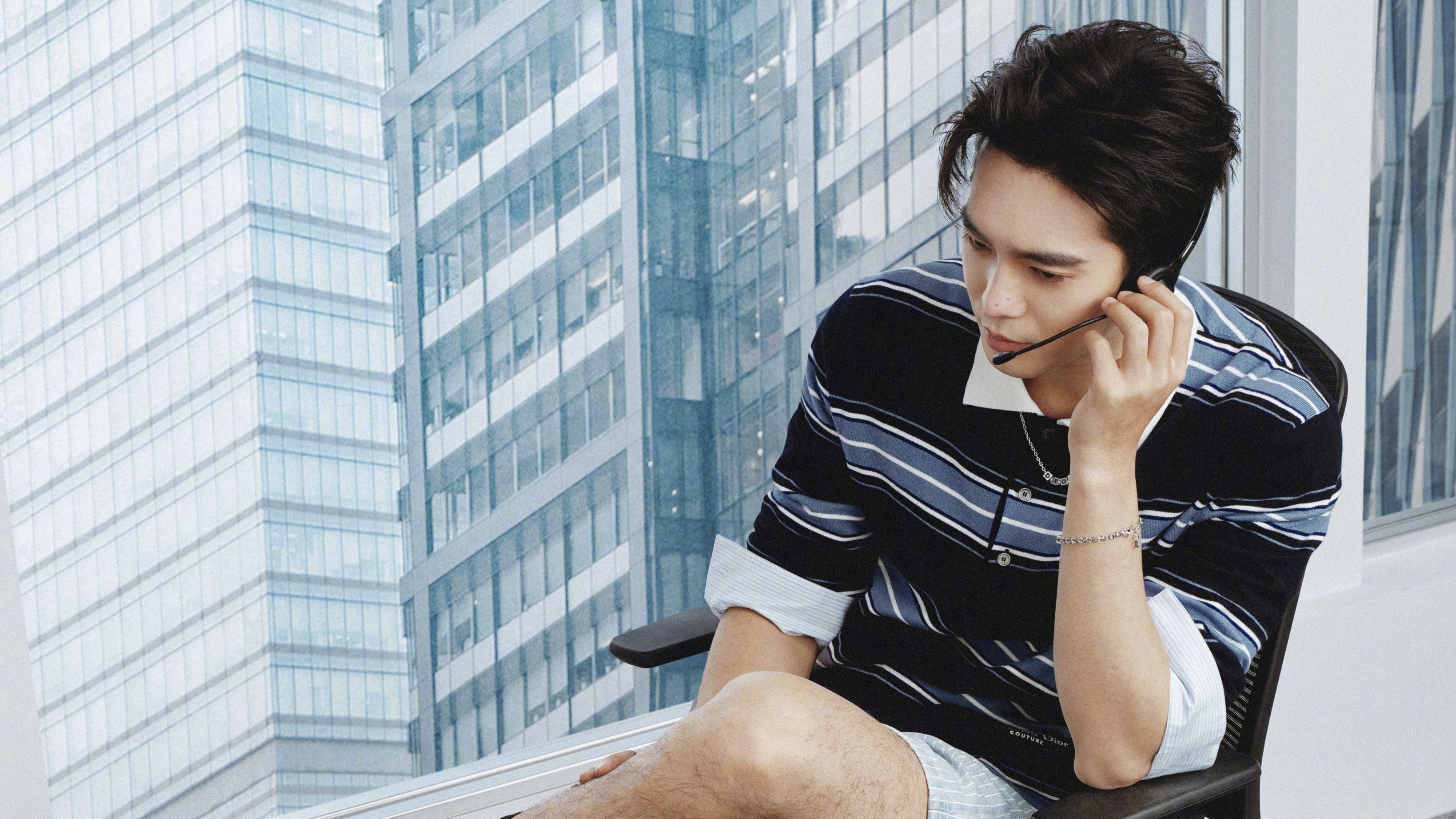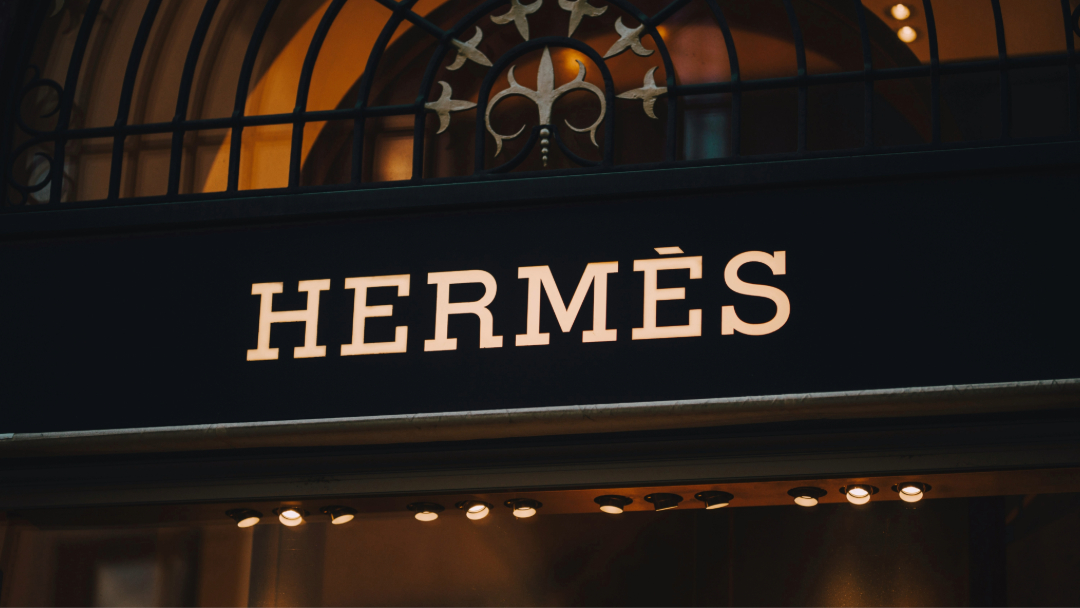
Can ethics be applied to define luxury? Can social justice really be equated with the luxurious?
Can ethics be applied to define luxury? Can social justice really be equated with the luxurious?
For Dana Thomas, author of Deluxe: How Luxury Lost its Lustre, ethical luxury is but a buzzword. “The phrase is simply a fancy way of going back to the roots,” she says from her home in Paris. Thomas posits that more and more, people want things which last longer, are beautiful and environmentally-friendly. She remarks, however, that this has emerged as a reaction to the conveyor belt, mass-produced luxury that has saturated the market in recent years. “People are freaked out about not knowing who made their stuff. It is a backlash to globalisation. There is no way of knowing for sure if your clothes were made in sweatshops or not.”
Derived from the Latin word luxuria, or excess, since ancient times luxury has meant experiencing beauty and pleasure to the extreme. In previous centuries, the pleasures of luxurious living were reserved for the aristocracy and elite. Today, however, the tides have turned as so-called luxury brands have become more accessible to the masses, making it increasingly difficult to appeal to consumers on the grounds of exclusivity alone.
Thus, entrepreneurs and activists like **Safia Minney**, founder of UK fair-trade fashion brand People Tree, have launched fashion labels that define their wearers as individuals with greater human and ecological concerns. She wants to make beautiful things while also doing good for the environment. “We have now moved Fair Trade into the mainstream,” Minney states. Even if such a change is just a return to the way things once were, as Thomas asserts, it is certainly a change for the better.
Recent studies show an upward trend in the demand for ethics in consumerism among shoppers who seek deeper meaning in their purchases. Research firm TNS Worldpanel Fashion recorded that last year 59 percent of consumers considered ethical clothing to be very important, rising four percent over 2006. Luxury Considered, published December 2008 by Ledbury Research on behalf of De Beers, reported a shift from conspicuous consumption to greater reflection and sensitivity when buying.
Thomas would add that “luxury is ethical when it is motivated by creativity and not greed. When you create to make something beautiful, then you are being ethical, soulful, and true.” In her book, shoe designer Christian Louboutin is cited saying that, “If you do luxury you have to treat people in a human way and you have to be elegant. You can’t ask poor people in bad conditions to make beautiful things. If you make a precious environment, then what’s inside is precious, too.”
Like a beautiful sunrise, luxury can be a moment that temporarily takes us outside of ourselves. In this sense, it is a human need. Individuals need pleasure and beauty in their lives. The struggle arises when we try to sell beauty, pleasure, and happiness. This is where ethics come into question.

So which brands does Thomas deem ethical? “Ethics, I am not sure, but in terms of integrity, Chanel and Hermès," she responds, because of their dedication to tradition and craftsmanship. “They have not moved away from their original mission after almost 100 years. They still have core products that keep them going such as Chanel N°5.” She attributes this to the fact that they are still privately-controlled.
But what about exclusivity? People Tree’s prices and products are far more accessible than those of Chanel or Hermès. Can this, nevertheless, be considered luxury? Minney answers a resounding “yes.”
“Surely something that has been produced fairly by hand, using organic material is luxurious no matter what its price tag. It’s the dedication of the artisans who have produced it by hand that make it luxury,” she says. “Making shorter runs of hand-tailored clothing using traditional skills and natural materials which are locally-sourced, which many top designers do is luxury. Compare that to a brand with a proposed luxury image that mass produces the designs in China. It’s all about what they want their top brand to stand for.”
That said, it will take some time for People Tree to stand as a bona fide business, since the brand’s operating model itself poses a challenge to turning a profit. For instance, People Tree makes 50 percent advance payments to producers and helps them set up their production line. People Tree also abides by strict Fair Trade and organic principles making for an undoubtedly more difficult business model to support. But it is certainly ethical.
The meaning of luxury is at a turning point. In the future, what distinguishes luxury from other forms of consumption may be luxury’s self-conscious demand for beauty. True beauty is always ethical — it cannot be exploitative. The experience of beauty is always accompanied by wonder and surprise. And the same holds true for ethical goodness. It is when individuals learn to truly admire the justly-made product that a deeper luxe — an ethical luxury – will be achieved.
Rebecca Anne Proctor










